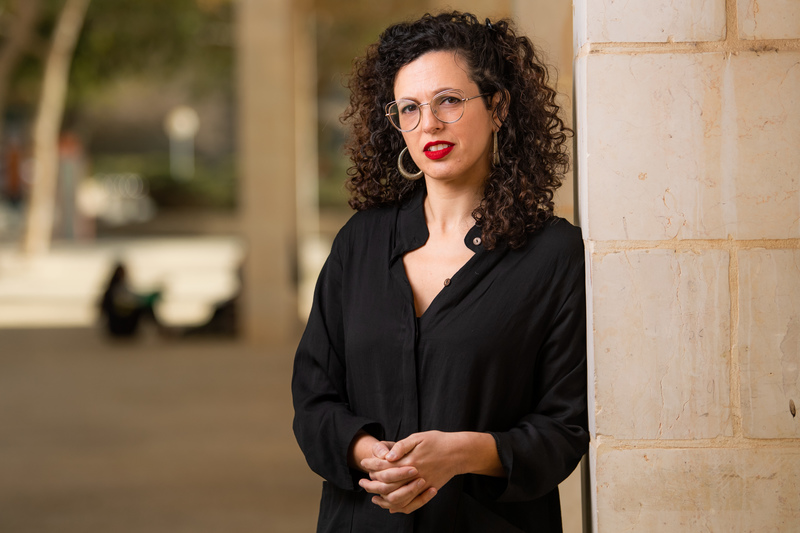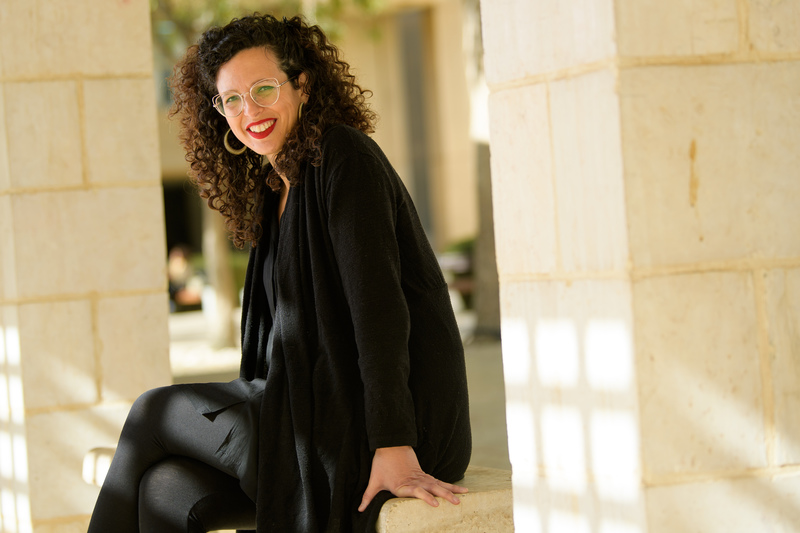Department of Jewish History
Faculty of Humanities and Social Sciences

My life before BGU:
I completed my PhD at the School of Historical Studies at Tel Aviv University, under Prof. Shulamit Volkov. My dissertation focused on the ways in which Jewish authors dealt with the changes that took place in the understandings of identity and difference throughout the eighteenth century. My underlying assumption was that, due to their special location within the European regime of identities, eighteenth-century Jews afford an invaluable view into the ways in which, upon the threshold of modernity, new religious, cultural, and racial identities were imagined and formed. The dissertation was published as a book by the University of Pennsylvania in 2014 titled: Difference of a Different Kind: Jewish Constructions of Race During the Long Eighteenth Century.
After obtaining my doctorate, I moved to Germany where I was a research fellow in the Historisches Seminar at Ludwig-Maximilians University in Munich and the Martin Buber Chair in Jewish Thought at Goethe University in Frankfurt. My post-doc investigated representations of monstrosity in early modern Jewish literature and art. .
"Early modern authors, both Jewish and non-Jewish understood translation very differently from the way we understand it today. For these authors, translation was creative work and the original compositions constituted an invitation to create a new and often radically different work"
|
My research:
I am currently beginning a new research project, which has received generous funding from the European Research Council (ERC), and which deals with translations of non-Jewish texts into Jewish languages (Yiddish, Hebrew, Ladino and Judeo-Italian) in early modern Europe. Around 7 PhD students and post-doctoral researchers from different disciplines and with different linguistic capabilities will take part in the project. Together we will attempt to map the rich corpus of translations of non-Jewish texts into Jewish languages, which developed during the early modern period. Early modern authors, both Jewish and non-Jewish understood translation very differently from the way we understand it today. For these authors, translation was creative work and the original compositions constituted an invitation to create a new and often radically different work. The project will offer the first comprehensive study of the entire gamut of these early modern Jewish translations, exposing a hitherto unexplored terrain of surprising intercultural encounters which took place upon the advent of modernity—between East and West, tradition and innovation, Christians and Jews.
Why BGU?
BGU's Department of Jewish History is one of the leading departments in the field today. The Department is composed of researchers known for their academic daring and ground-breaking research, and is characterized by its intellectual openness, inter-disciplinary approach, warm atmosphere and moreover– its commitment to social and cultural activism. I cannot imagine a better place to work.

A source of inspiration:
I have been influenced by the historian Robert Darnton and particularly by his claim that our best approach to the past passes through the very things that appear to us strange or inexplicable.
Recently I have been inspired by scholars such as Jeffrey Jerome Cohen and Dipesh Chakrabarty, who turn the spotlight onto new phenomena and spaces (such as animals or environmental phenomena), or Rita Felski, who challenges the centrality, in recent decades, of 'critique' in literary studies and the humanities more generally.
When I grow up:
I always dreamed of being a researcher. As a child I wanted to be a philosopher, but after completing a bachelor's degree in philosophy and history, I had no doubt that history was my field.